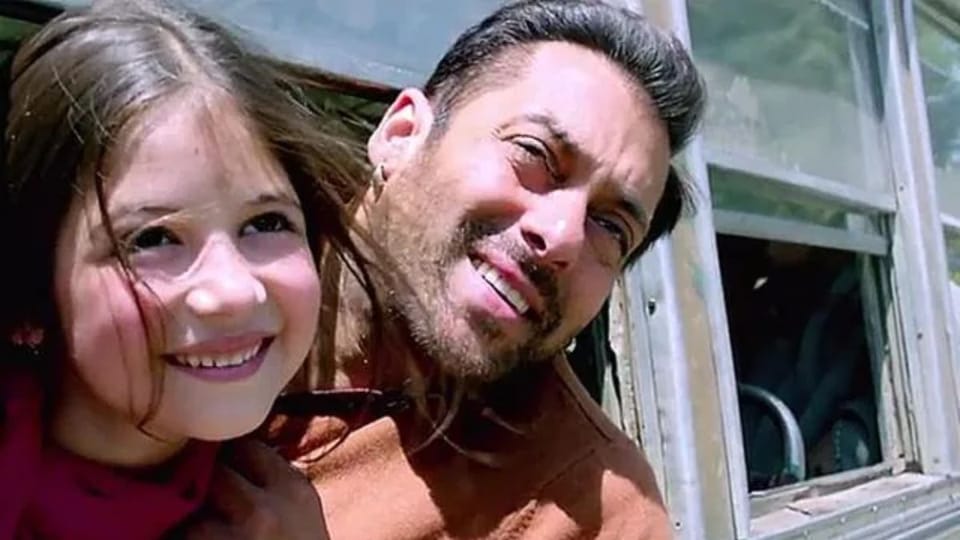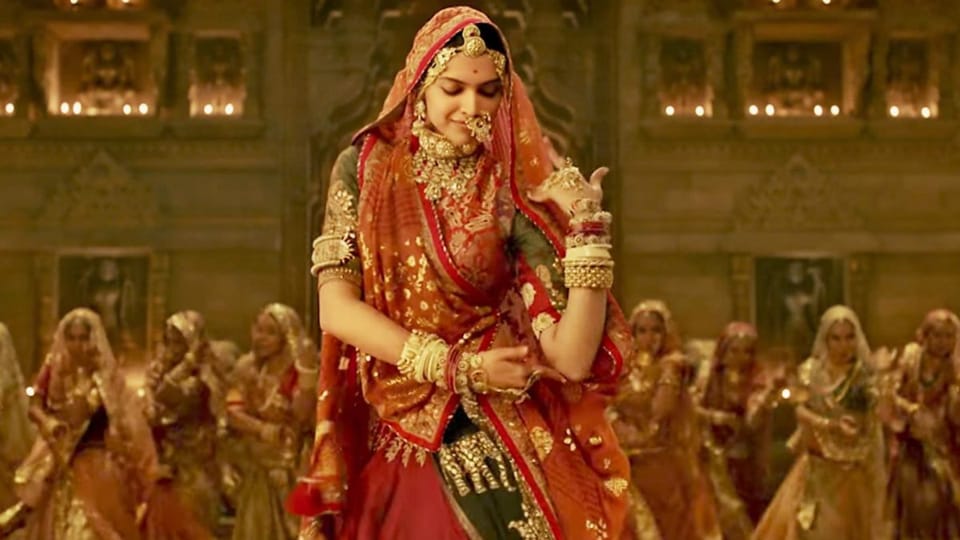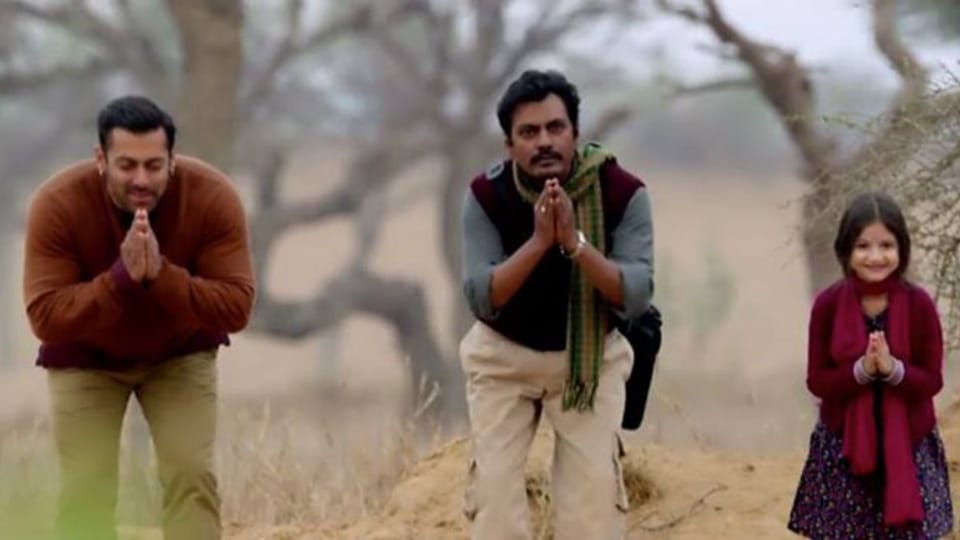The Rhythmic Beats: Rajasthani Folk Music and Dance Traditions

In the vast expanse of the Thar Desert, where the golden sands stretch as far as the eye can see, Rajasthan comes alive with the vibrant beats of folk music and the graceful movements of traditional dance. Steeped in the rich tapestry of the region's cultural heritage, Rajasthani folk music and dance are not merely performances; they are spirited expressions of life, love, and the indomitable spirit of the desert people.
Ghoomar: The Dance of Graceful Twirls
As the women of Rajasthan swirl in vibrant skirts, their mirrored ghagras catching the sunlight, the age-old dance form of Ghoomar takes center stage. Originating from the Mewar region, Ghoomar is a graceful dance performed during celebrations and festivals. The circular movements, the synchronized claps, and the intricate footwork are a homage to the cultural richness of Rajasthan, and each twirl tells a story of grace and tradition.
Kalbelia: The Serpentine Dance of the Gypsies
In the heart of the desert, the Kalbelia community performs a dance that mimics the sinuous movements of a snake. With captivating agility, the dancers, traditionally women, sway and twist to the enchanting tunes of the been—a wind instrument. Recognized by UNESCO as an intangible cultural heritage, Kalbelia dance is not just a performance but a celebration of the nomadic way of life, echoing the tales of Rajasthan's gypsies.
Rajasthani Folk Music: The Soulful Echoes of the Desert
The soul-stirring tunes of traditional Rajasthani folk music resonate through the desert air, carried by instruments like the ravanhatha, dholak, and harmonium. The lyrics often narrate tales of love, valor, and daily life in the desert. The Manganiyars and Langas, two prominent communities of traditional musicians, have played a crucial role in preserving and propagating these melodic treasures, passing them down through generations.
Bhapang: The Musical Poetry of the Desert
In the hands of a skilled musician, the bhapang—an instrument crafted from a dried gourd—produces melodies that are both haunting and evocative. Originating from the Marwar region, the bhapang is often played during devotional songs and folk performances. The simplicity of its design belies the complexity of the emotions it conveys, making it a vital component of the musical landscape of Rajasthan.
Folk Music Festivals: Celebrating the Living Tradition
Rajasthan's commitment to preserving its folk music and dance traditions is evident in the numerous festivals that pay homage to these art forms. The Rajasthan International Folk Festival (RIFF) in Jodhpur, for example, attracts musicians and dancers from around the world, creating a global platform for the celebration of Rajasthan's living cultural heritage. These festivals not only showcase the talent of local artists but also foster an exchange of ideas and a deeper appreciation for the diversity of Rajasthani culture.
The Future of Tradition: Passing the Torch
In a world where traditions often face the threat of fading away, Rajasthan stands as a beacon of cultural resilience. Young artists, inspired by the tales of their ancestors, are stepping into the spotlight to carry forward the legacy of Rajasthani folk music and dance. Schools and cultural institutions are playing a pivotal role in imparting these traditional art forms to the next generation, ensuring that the rhythmic beats of Rajasthan will echo through the desert sands for years to come.
Rajasthani folk music and dance are not just performances; they are living, breathing expressions of a vibrant culture. As the twirls of Ghoomar and the hypnotic rhythms of Kalbelia continue to reverberate through the desert, Rajasthan's folk traditions remain a testament to the enduring spirit of a people deeply connected to their roots, and their beats invite the world to join in the celebration of life in the Thar.




